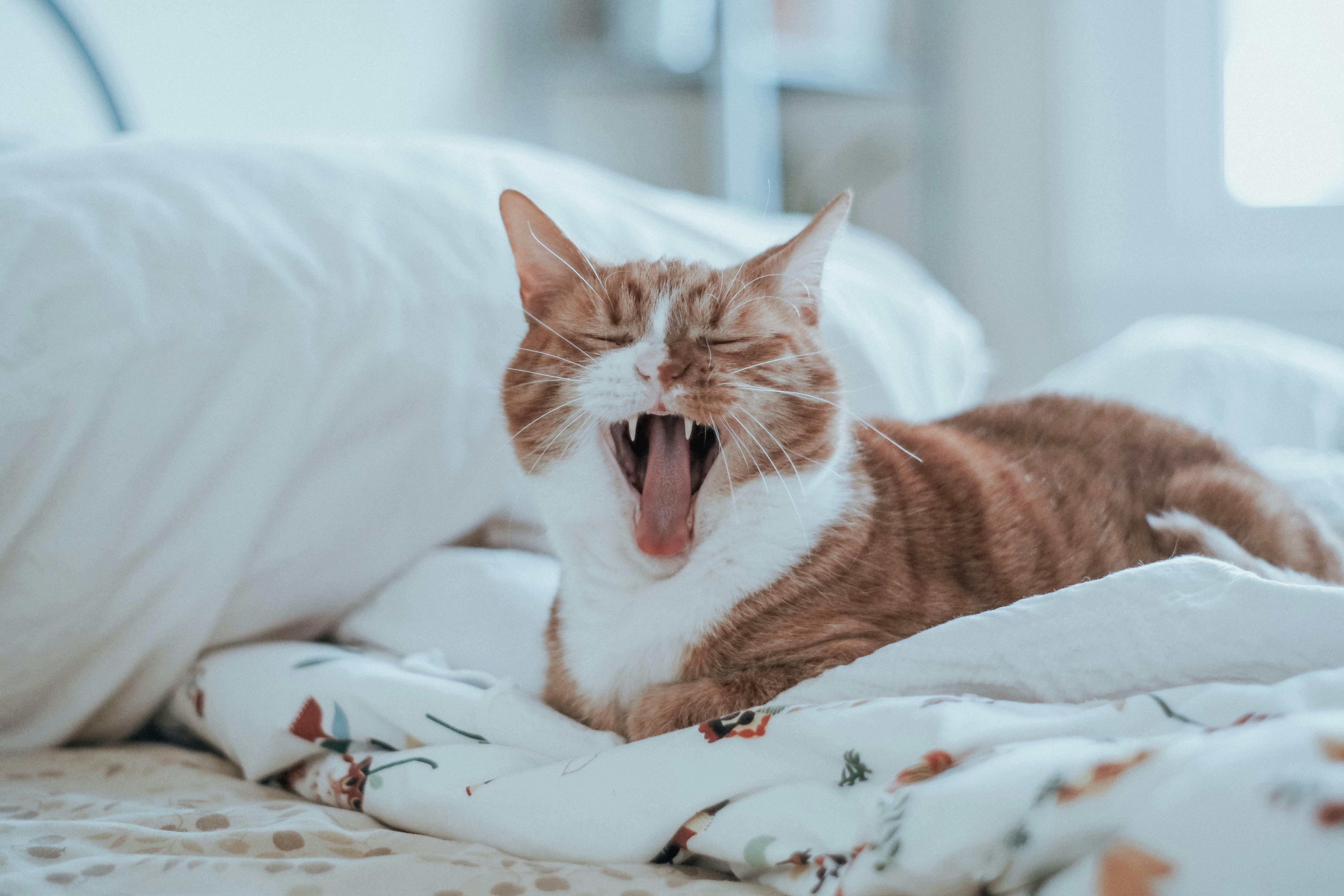People experience anxiety. Canines can have anxiety. And yes, cats can get anxiety, too.
Our feline friends are pretty sensitive creatures, and that is one of the things we love about them. Cats can be pretty attuned to our emotions, purring and showing us love when they sense we need it.
So, of course, we want to do the same for them. A cat can experience anxiety for many reasons. Although they may not be able to tell you with words, they can express their distress in other ways.
Signs of cat anxiety
Is your feline four-legger showing undesirable habits they never displayed before? A cat who no longer uses the litter box may be stressed. Is your kitty clawing the furniture all of a sudden? Anxiety may be the cause.
Other symptoms of anxiety in cats are:
A change in appetite, whether eating more or eating less
Acting clingy or following you everywhere
Meowing and howling more than usual
Over-grooming to the point of sores on the skin
Change in mood such as showing irritability
Hiding in places they don’t usually frequent
Becoming aggressive or destructive
Trembling and shaking
Vomiting
Diarrhea
Lack of energy
Why is my cat feeling anxious?
We are caring pet parents who give our kitties the best lives possible. This can make us wonder why our cats may be feeling stressed and out of sorts.
One of the most common reasons is
separation anxiety, which is also seen in many dogs. Was your cat a stray and you adopted them from the shelter? A sense of abandonment can cause a cat to feel anxiety when you leave for long periods at a time. If your work hours change and your cat is now alone longer or at different times than they are used to, separation anxiety may result.
Other reasons for cat anxiety can be:
Triggers of a past trauma
Lack of socialization as a kitten
Change of environment, such as a move
The addition of a new pet into the home
The birth of a baby, which changes the household dynamics
Illness or injury
Age-related pain
Obsessive-compulsive disorder
How to help a cat with anxiety
Wondering how you can help a cat with anxiety? Spending time with them, engaging in play, and doling out plenty of pats and kisses should help. It is important to remember though, there may be times when your cat is looking for opportunities to be on their own. If you sense that is the case, don’t be afraid to
give them their own space.
A visit to the veterinarian is an essential part of figuring out your cat’s anxiety. Kitties are good at hiding illness and pain, so ruling out a health condition is necessary. Medication to treat an illness may be the answer to helping your pet feel better.
Giving your furry feline things to do while you are away from home can help anxiety. Buying your cat an irresistible cat perch that gives them a great view of the outdoors will distract them and stimulate them mentally. Interactive cat toys are ideal for encouraging your cat to move and get physical exercise, which is good for them as well.
Pheromones to calm your pet often work to quell anxiety and come in spray, diffuser, and plug-in form. Discuss this with your vet—the pheromones are typically quite effective.
Spoil your lovable pet with a gentle massage. Pay attention to your cat’s cues and give them physical attention when they are in the mood. When they come to you for a pat, use the opportunity to give them plenty of affection. When they signal they’ve had enough, just enjoy the nearness.
Some cats may need anti-anxiety medication. Try a few of the other suggestions first, and if your cat still seems nervous, irritable, fearful, and anxious, speak to your vet about calming medication. A cat behaviorist may lend a hand, too, with suggestions for desensitizing your cat. Positive behavior reinforcement is a technique for soothing your cat that can be learned as well.


